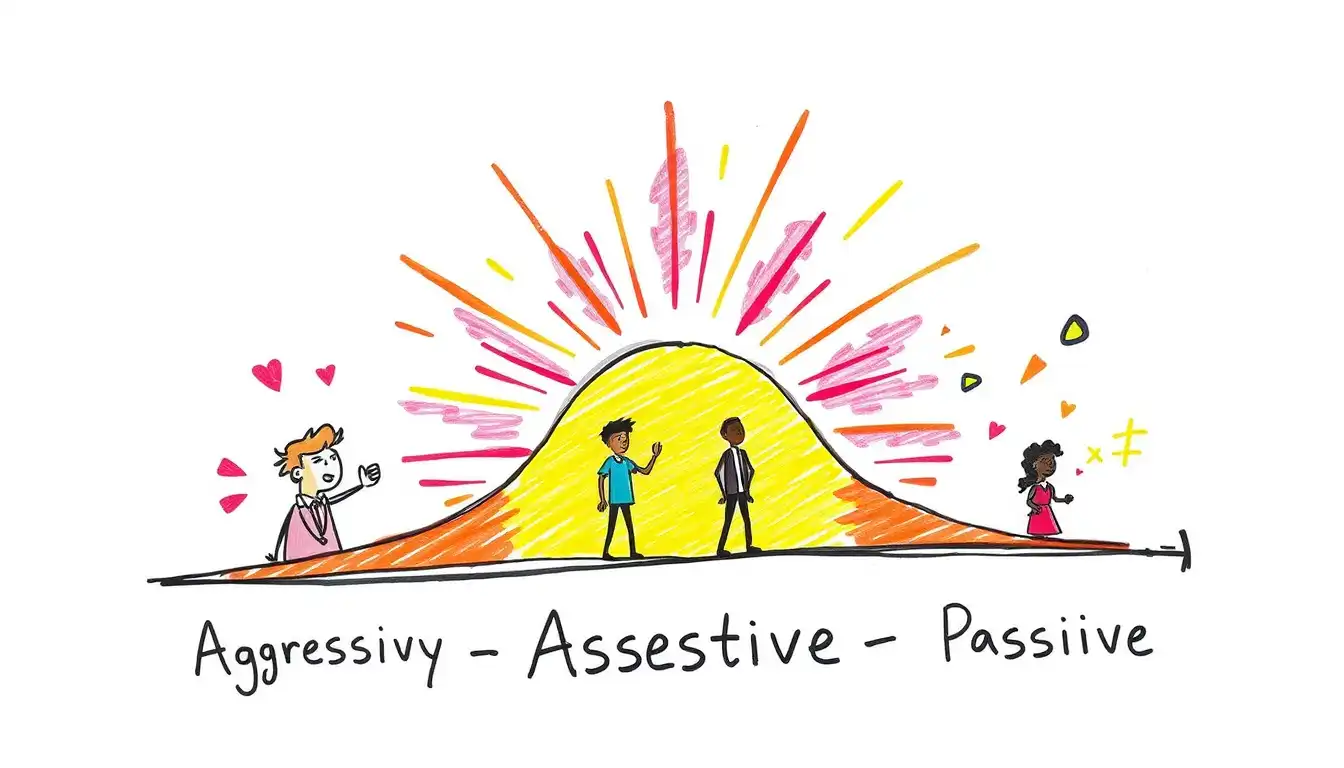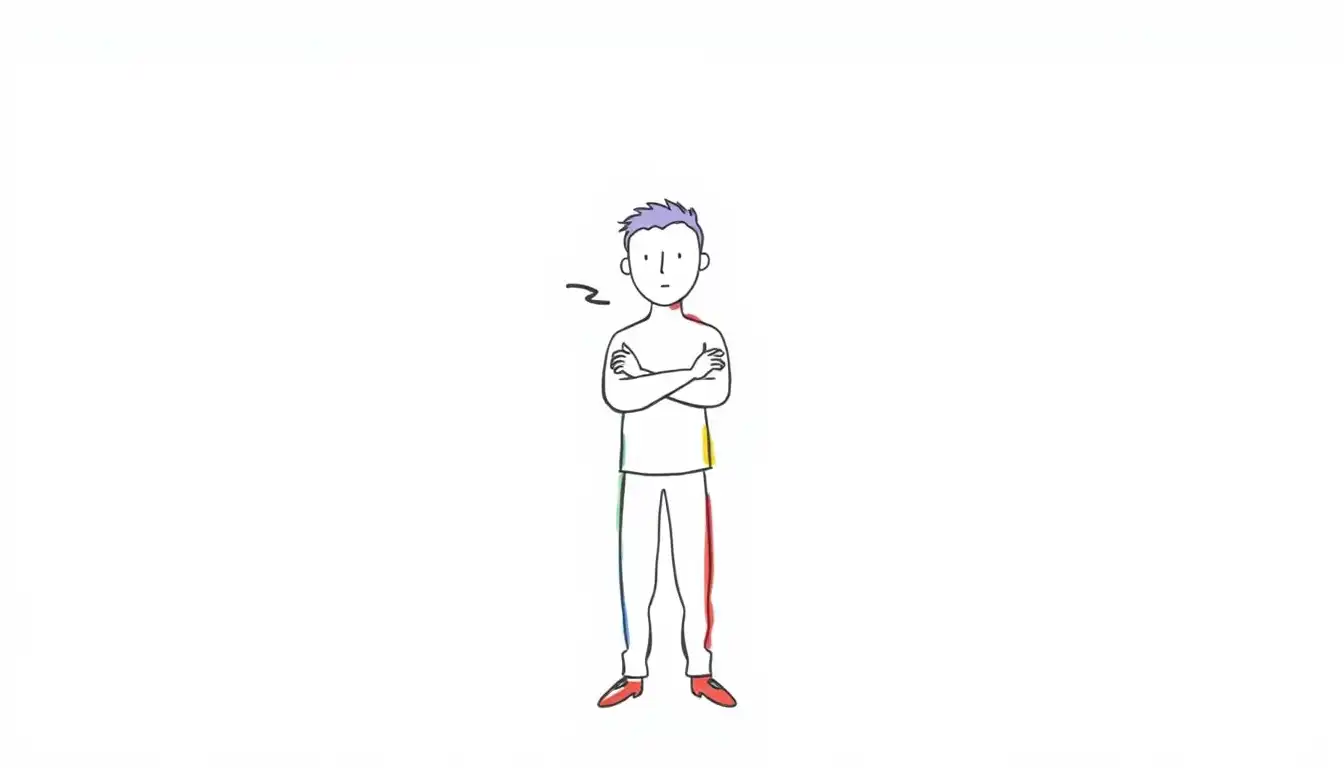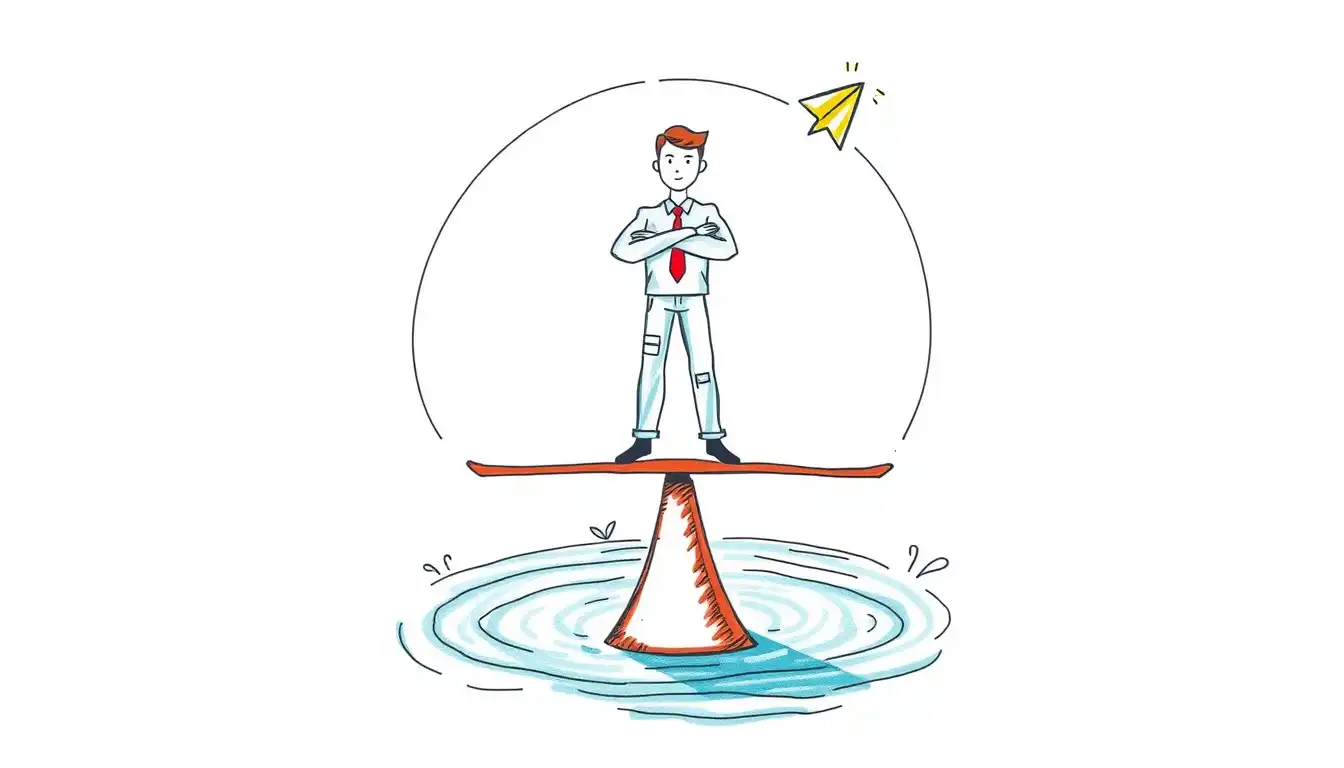What Makes a Tough Negotiator?
A tough negotiator is someone who can effectively communicate their needs and wants while being respectful of the other party’s interests. They are skilled at finding creative solutions that benefit both parties, while also being firm in their demands. A tough negotiator is not afraid to walk away from a deal if it doesn’t meet their requirements. In this article, we’ll explore the key characteristics of a tough negotiator and provide tips on how to develop these skills.
Tough negotiators are often seen as confident, assertive, and strategic thinkers. They are able to remain calm under pressure and think on their feet. They are also skilled at reading people and situations, which allows them to adjust their approach accordingly. A tough negotiator is not someone who is aggressive or confrontational, but rather someone who is able to effectively advocate for themselves and their organization.
The Importance of Preparation
Preparation is key to being a tough negotiator. This means doing your research, knowing your limits, and having a clear understanding of what you want to achieve. A tough negotiator will also anticipate the other party’s needs and wants, and be prepared to address them. This preparation will help you stay focused and confident during the negotiation.
For example, if you’re negotiating a salary, you should research the market rate for your position and have a clear idea of what you’re worth. You should also be prepared to discuss your skills and qualifications, and how they will benefit the organization. By being prepared, you’ll be able to negotiate from a position of strength and confidence.
Active Listening: A Key Skill for Tough Negotiators
Active listening is a critical skill for tough negotiators. This means paying attention to what the other party is saying, both verbally and non-verbally. A tough negotiator will listen carefully to the other party’s concerns and respond in a way that addresses those concerns. This helps to build trust and rapport, which is essential for effective negotiation.
Active listening also involves asking questions and seeking clarification. This helps to ensure that you understand the other party’s needs and wants, and can respond accordingly. By asking questions, you can also gain valuable information that can help you in the negotiation.
Using Time to Your Advantage
Time can be a powerful tool in negotiation. A tough negotiator will use time to their advantage by taking a break when necessary, or by slowing down the negotiation process. This can help to create a sense of urgency, or to give you time to think about your next move.
For example, if you’re negotiating a business deal, you may want to take a break to review the terms and conditions. This can give you time to think about your next move, and to come back to the negotiation with a fresh perspective. By using time to your advantage, you can stay in control of the negotiation and achieve your goals.
Being Willing to Walk Away
A tough negotiator is always willing to walk away from a deal if it doesn’t meet their requirements. This shows that you’re not desperate, and that you’re willing to stand up for what you want. It also gives you a sense of power and control in the negotiation.
For example, if you’re negotiating a purchase, you may want to be willing to walk away if the seller is unwilling to meet your price. This shows that you’re not afraid to walk away, and that you’re willing to stand up for what you want. By being willing to walk away, you can often get a better deal, or find a better option elsewhere.
Common Mistakes to Avoid
There are several common mistakes that can undermine your effectiveness as a tough negotiator. One of the most common mistakes is to be too aggressive or confrontational. This can put the other party on the defensive, and make it harder to reach a deal.
Another common mistake is to be too focused on winning. A tough negotiator is not focused on winning, but rather on finding a solution that works for both parties. By being too focused on winning, you can come across as aggressive or confrontational, which can undermine your effectiveness.
Conclusion
Being a tough negotiator requires a combination of skills, including preparation, active listening, and strategic thinking. It also requires a willingness to take risks, and to stand up for what you want. By developing these skills, you can become a more effective negotiator, and achieve your goals.
FAQ
What is a tough negotiator?
A tough negotiator is someone who can effectively communicate their needs and wants while being respectful of the other party’s interests.
How do I become a tough negotiator?
To become a tough negotiator, you need to develop skills such as preparation, active listening, and strategic thinking. You also need to be willing to take risks, and to stand up for what you want.
What are some common mistakes to avoid in negotiation?
Some common mistakes to avoid in negotiation include being too aggressive or confrontational, being too focused on winning, and failing to prepare.
How can I use time to my advantage in negotiation?
You can use time to your advantage in negotiation by taking breaks, slowing down the negotiation process, or using time pressure to create a sense of urgency.
What is the importance of active listening in negotiation?
Active listening is critical in negotiation because it helps to build trust and rapport, and ensures that you understand the other party’s needs and wants.







Leave a Reply